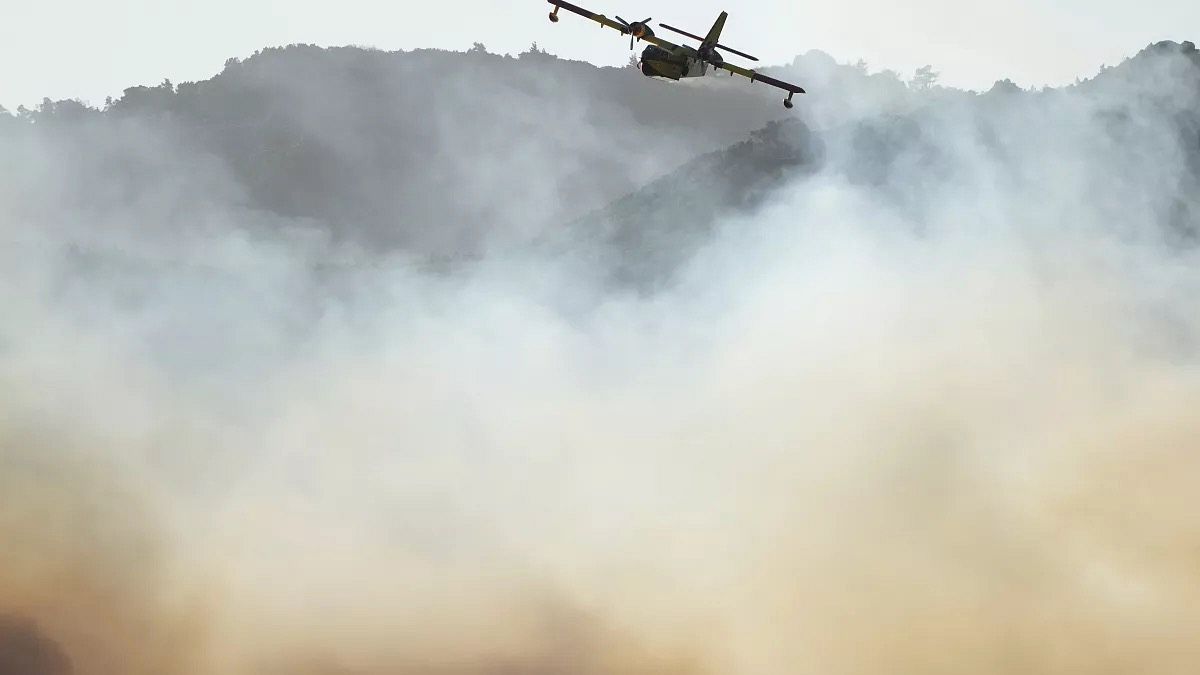Firefighters on the Portuguese island of Madeira are currently battling the country’s worst wildfire since 2017. The fire has been raging for a week and poses a threat to a UNESCO-listed forest on the island. The last time Portugal experienced a fire of this magnitude was in 2017, which resulted in the deadliest blazes in the country’s history. Since then, the number of forest fires has decreased by more than half, mainly due to a prevention awareness campaign initiated by the Agency for the Integrated Management of Rural Fires (AGIF). Tiago Oliveira, president of AGIF, stated that the campaign began after the traumatic events of 2017, with a clear message aimed at reducing the number of fires.
Portugal’s prevention awareness campaign, known as “Portugal calls to you”, was successful in consolidating knowledge among rural communities and reducing the number of fires in the country. This year, Portugal has experienced around 3500 fires, a relatively good record attributed to the successful implementation of the prevention strategies and the mild summer weather conditions. AGIF has launched a new campaign that will run until 2026, focusing on further reducing the number of fires through personalized door-to-door outreach and educational campaigns in schools. The aim is to mobilize around half a million students over the next five years to raise awareness about fire prevention.
Fires in Europe have had a significant impact on the environment, water supplies, infrastructure, agricultural land, and local economies. Last year, approximately 8,400 square kilometers of land were destroyed by wildfires in Europe. Oliveira emphasized the importance of having a coordinated approach to fighting wildfires, similar to the mechanisms used in Canada and the United States. He believes that Europe should adopt a similar model that involves forces from neighboring countries working together to combat wildfires effectively. Additionally, there is a policy dimension to the fight against wildfires, including strategies outlined in the 2030 agenda, such as the Common Agricultural Policy that aims to help farmers better manage their forests and address issues like abandoned land and fire-prone vegetation.
Despite efforts to prevent wildfires, challenges still exist, as seen in Greece’s Evros region, where the largest fire in the European Union was recorded last year. It is crucial for countries to continue implementing proactive measures to mitigate the impact of wildfires and protect their natural resources. By promoting awareness, fostering collaboration among different stakeholders, and implementing effective policies, countries can work towards reducing the occurrence and impact of wildfires in the future. It is essential for Europe to learn from successful models used in other regions and adapt them to suit the specific needs and challenges faced by different countries. By working together and harnessing collective efforts, countries can combat wildfires more effectively and preserve their environment for future generations.











